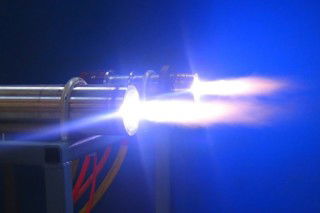Germany-based equipment supplier thyssenkrupp will build the first industrial-scale cement plant that uses activated clay to produce low-carbon cement in Cameroon, according to a company statement.
thyssenkrupp is to fit the first cement plant with a system for the production of calcined clay for the Dutch-based company Cimpor Global Holdings. The technology developed by thyssenkrupp lowers CO2 emissions in cement production by up to 40 per cent. Part of the clinker will be replaced with calcined, ie thermally activated, clay. Cimpor Global Holdings will use the technology, known as “polysius activated clay”, on an industrial scale at a new plant being built near the Cameroon sea port of Kribi. When completed in 2021, the plant is expected to save more than 120,000tpa of CO2 emissions.
Under the order, thyssenkrupp is carrying out engineering, procurement, construction and commissioning of the new plant, which will produce 720tpd of activated clay. It is the second calcined clay project of Cimpor Global Holdings.
“Our technology is not only eco-friendlier, it also creates cost advantages for our customers such as Cimpor Global Holdings,” says Dr Luc Rudowski, who leads product management and innovation at the Cement Technologies business unit. “In many regions, limestone is in short supply and clinker has to be imported at high cost. Also, stricter environmental requirements and emissions levies in more and more countries are forcing cement producers to rethink. They need an alternative that is cost-efficient and at the same time delivers high-quality cement. That’s exactly what polysius activated clay technology provides.”
